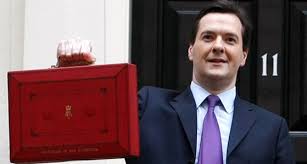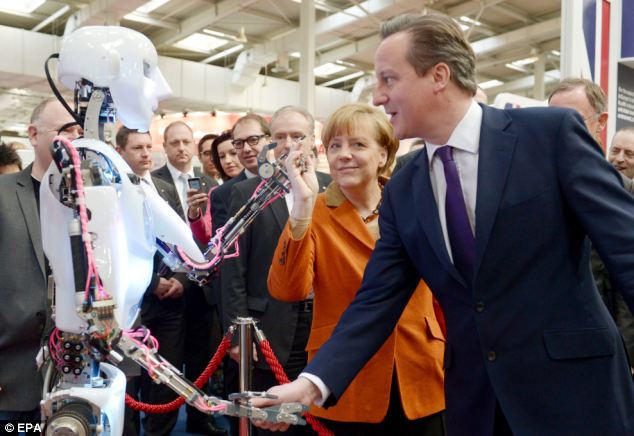Welcome to a day in the life BBC Television on Sunday the 26th July 2015 (tomorrow’s schedule).
We will start the day off with BBC Breakfast from 6am in the morning. The most senior presenter of this show is Bill Turnbull, educated at Eton College. Following this show, we have more current affairs from the Andrew Marr Show, hosted by Andrew Marr (educated at Trinity Hall, Cambridge), who will be discussing the latest policies from our government, which is run by David Cameron (Brasenose College, Oxford) and George Osborne (Magdalen College, Oxford). At 10am we have more political discussion on Sunday Morning Live, compered by Sian Williams (Oxford Brooks University).
After this we have some light entertainment in the form of Bargain Hunt, where antiques experts such as Kate Bliss (Brasenose College, Oxford), look for antiques at jumble sales.
12:15 – Formula 1 racing. We get to watch the current champion Lewis Hamilton (graduate of Cambridge Arts and Sciences) drive around in a shiny car. He is currently strong favourite to retain his title. But if you’re not a sports fan, you can watch Chefs on Trial instead, hosted by Alex Polizzi (St Catherine’s College, Oxford). Following the F1 we have a sports-based gameshow ‘A Question of Sport’ with rugby star Matt Dawson (Royal Grammar School, High Wycombe)
At 15:45 we have property show, Escape to the Country, with Alistair Appleton (Gonville & Caius College, Cambridge), followed by the Two Tribes gameshow hosted by Richard Osman (Trinity College, Cambridge).
We can then chillax and sing along to Songs of Praise, hosted by the likes of Bill Turnbull (Eton College), and Sally Magnusson (University of Edinburgh). At 17:45 Richard Osman (Trinity College, Cambridge) returns for Pointless, a gameshow which he hosts with Alexander Armstrong (also of Trinity College, Cambridge). Then it’s a news update from Reeta Chakrabarti (Exeter College, Oxford).
At 19:00 it’s time for one of the BBC’s flagship shows, Countryfile, with Ellie Harrison (King’s College, London), and Joe Crowley (Magdalene College, Cambridge). If you’re not into this you can watch Locomation: Dan Snow’s History of Railways instead (Dan Snow is a graduate of Balliol College, Oxford, if you were wondering). At 20:00 we have Fake or Fortune? with Fiona Bruce (Hertford College, Oxford) and Bendor Grosvenor (Harrow School, Pembroke College, Cambridge). Alternatively you can watch Dragon’s Den, where the entrepreneurs are joined by new girl Sarah Willingham (Cranfield University, Oxford).
We end the day at 21:00 with crime mystery entertainment, Partners in Crime, starring David Walliams (Collingwood Boys’ School in Wallington, and the independent Reeigate Grammar School).
This day of entertainment will be brought to you by Director of BBC Television, Danny Cohen (Lady Margaret Hall, Oxford), Director of News & Current Affairs, James Harding (Trinity College, Cambridge), and Director of Strategy & Digital, James Purnell (Balliol College, Oxford).
BBC Mission & Values (link to quotes below)
- We respect each other and celebrate our diversity so that everyone can give their best
- Trust is the foundation of the BBC: we are independent, impartial and honest
- Audiences are at the heart of everything we do.
Judging by the disproportionate number of people from privileged backgrounds on the BBC, I don’t feel that socio-economic diversity is being sufficiently celebrated. I also don’t think the BBC’s employment track record is very “impartial”. And if audiences are at the heart of everything the BBC do, wouldn’t it be a good idea to have a proportional representation of the average UK citizen on our screens instead of people who won the postcode lottery?










